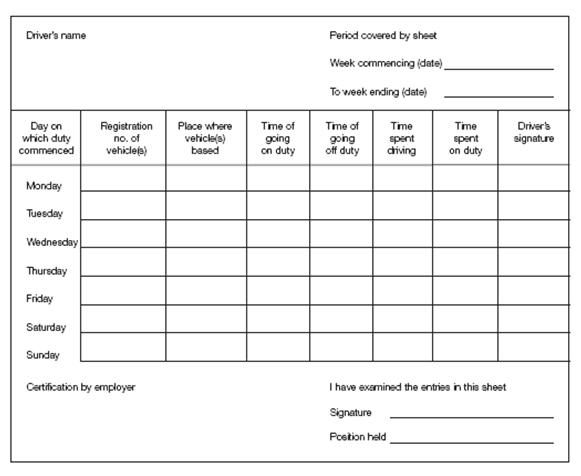Hello All,
I have recently started a new job on a 6 month temp contract working on site for a large company driving a 7.5 tonner collecting various chemical waste and taking back to the waste compound which is located on site. On occasion you have to leave the site and drive down a public road for approx 200 yards to get to another part of the site or sometimes you may be required to take the vehicle for refuelling which is approx 1 mile away.
Today the vehicle needed filling up and I was about to put my digi card in and a member of the full time staff advised me that I didn’t need to put a tacho in as the vehicle was empty and therefore did not require one ■■ On hearing this I asked 4 other full time staff (who have been with the company doing this job for approx 10-25 years each) if this was correct ? They all said this it what they have been told by the manager, I then took this up with the manager and he also advised that this was the correct practice and this is what he was told by his manager when he took up the role 3 years ago !!
I then questioned if they used a tacho when driving the 200 yards down the road to the other site and was told that they never use a tacho and in fact none of them even hold a digi card or would know how to fill a tacho in ! I also questioned if any of them hold a current ADR license and was told that none of them did, but due to the small amounts of waste that we carry I will question that at another time ! I currently hole a full ADR so thats not my problem.
Sorry this post is a bit long winded but am I right in saying that this vehicle if taken on the road should have a valid tacho card in it ■■

